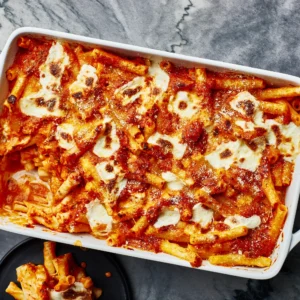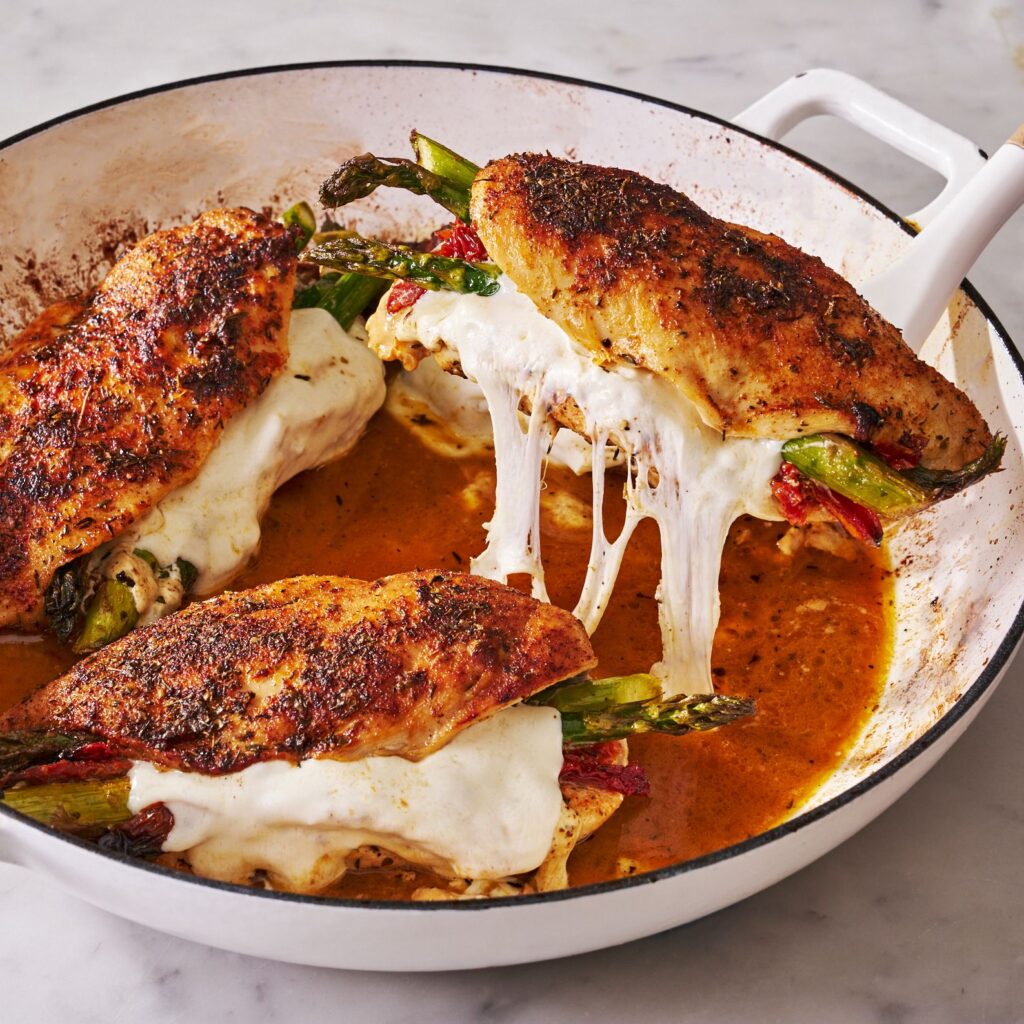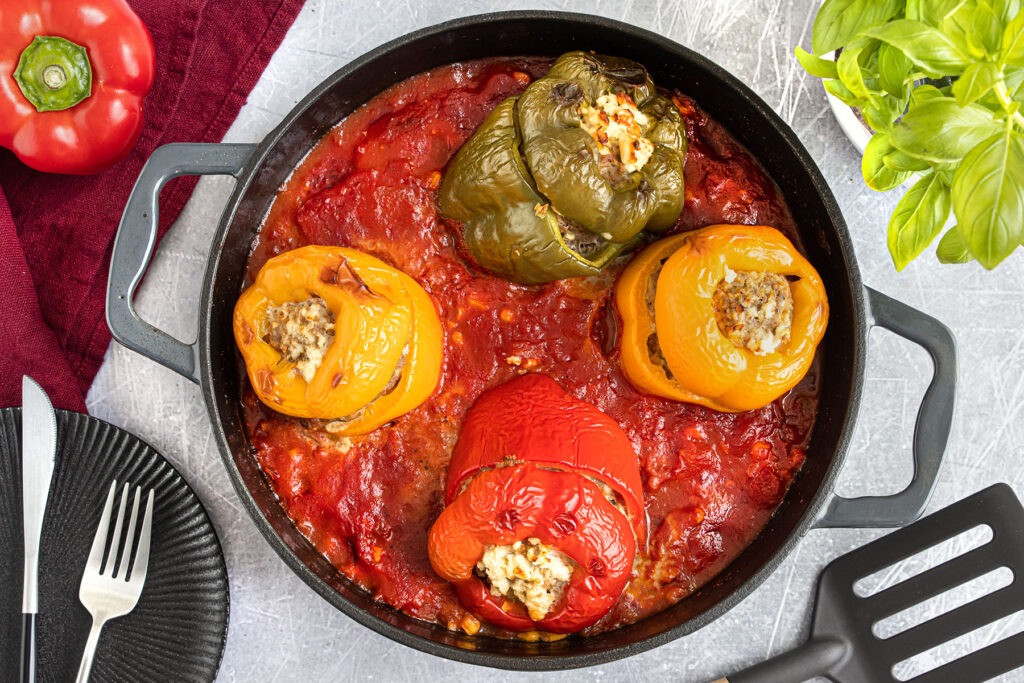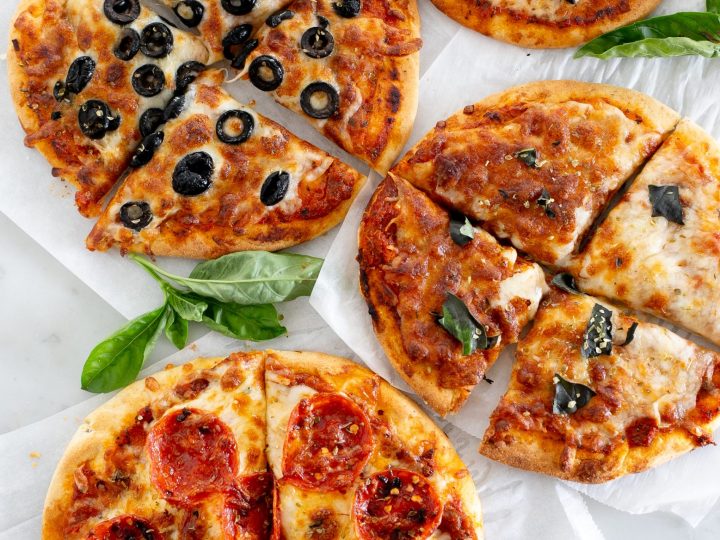There’s something undeniably special about comfort food.
Whether it’s a childhood favorite or a dish passed down through generations, yummy comfort food has the power to lift your spirits, fill your belly, and wrap you in a warm, nostalgic hug.
It’s not just about eating—it’s about feeling connected, cared for, and at ease.
What Makes Comfort Food So “Comforting”?
Comfort food is often rich, flavorful, and hearty. It usually involves familiar ingredients, simple preparation, and a sense of indulgence.
Think slow-cooked stews, creamy mashed potatoes, golden mac and cheese, or a piping-hot bowl of chicken noodle soup.
These dishes don’t just satisfy hunger—they offer emotional nourishment.
Psychologists even say that comfort food can reduce feelings of loneliness and stress.
It reminds us of family gatherings, cozy evenings at home, or special moments with loved ones. No wonder a plate of yummy comfort food can be so therapeutic!
Classic Yummy Comfort Food Dishes
If you’re looking to revisit some of the most beloved comfort foods or explore new ones, here are a few timeless favorites:
1. Macaroni and Cheese

Creamy, cheesy, and always satisfying. This classic dish is easy to make and can be customized with bacon, breadcrumbs, or even a dash of hot sauce for a modern twist.
2. Chicken Pot Pie

Flaky crust on the outside, rich and savory filling inside—chicken pot pie is the ultimate comfort meal that delivers warmth in every bite.
3. Beef Stew

Slow-cooked beef with carrots, potatoes, and onions in a savory broth—this dish is like a hug in a bowl, especially during the colder months.
4. Mashed Potatoes with Gravy

Creamy mashed potatoes smothered in homemade gravy never go out of style. Serve them alongside roasted chicken or turkey for a soul-satisfying experience.
5. Baked Ziti

Layers of pasta, tomato sauce, melted cheese, and sometimes sausage or vegetables—this Italian-American favorite is a go-to for family dinners and potlucks.
Comfort Food for Every Diet
The beauty of comfort food is its adaptability. Whether you’re vegetarian, gluten-free, or following a specific meal plan, you can still enjoy your favorite dishes with a few tweaks:
-
Vegan Mac and Cheese made with cashew cheese or nutritional yeast
-
Gluten-Free Chicken Soup using rice or gluten-free noodles
-
Plant-Based Chili packed with beans, lentils, and veggies
Everyone deserves a bowl of yummy comfort food, no matter their dietary needs.
Read More: Delicious Gestational Diabetes Desserts for You
Making Memories Around the Table
Comfort food is more than just a meal—it’s an experience. It brings people together and turns ordinary days into meaningful moments.
Whether you’re cooking for yourself or a loved one, take the time to savor not just the flavors but the memories you’re creating.
So tonight, why not whip up your favorite dish and cozy up with a good book, a loved one, or just your own thoughts?
Let yummy comfort food remind you that joy can be found in the simplest things.
FAQs
What exactly is comfort food?
Comfort food refers to dishes that provide emotional satisfaction and nostalgia, often hearty, rich, and familiar meals that make people feel warm and cared for.
Why does comfort food make me feel better emotionally?
Comfort food can trigger happy memories and reduce stress by releasing feel-good chemicals in the brain, making you feel connected and soothed.
What are some classic comfort food dishes?
Popular comfort foods include macaroni and cheese, chicken pot pie, beef stew, mashed potatoes with gravy, and baked ziti.
Can comfort food be healthy or fit special diets?
Yes! Comfort food can be adapted for vegan, gluten-free, or other dietary needs by using alternative ingredients like cashew cheese or gluten-free noodles.
How can I make my favorite comfort foods more nutritious?
You can add vegetables, use whole grains, reduce heavy cream or butter, and substitute with plant-based ingredients while keeping the comforting flavors.
Is comfort food only about taste?
No, it’s about the emotional connection, memories, and the feeling of care and warmth that the food evokes.
What makes comfort food different from regular meals?
Comfort food is often linked to personal memories and traditions, using familiar flavors and textures that evoke a sense of safety and nostalgia.
Can comfort food help with stress or loneliness?
Yes, psychologists say that eating comfort food can reduce feelings of loneliness and stress by offering emotional nourishment.
How can I create comforting meals for my family?
Focus on dishes that your family loves or that have special meaning, involve everyone in cooking, and share the meal together to create lasting memories.
What are some easy comfort food recipes for beginners?
Simple recipes like creamy mac and cheese, chicken noodle soup, mashed potatoes with gravy, or baked ziti are great starting points for homemade comfort food.





